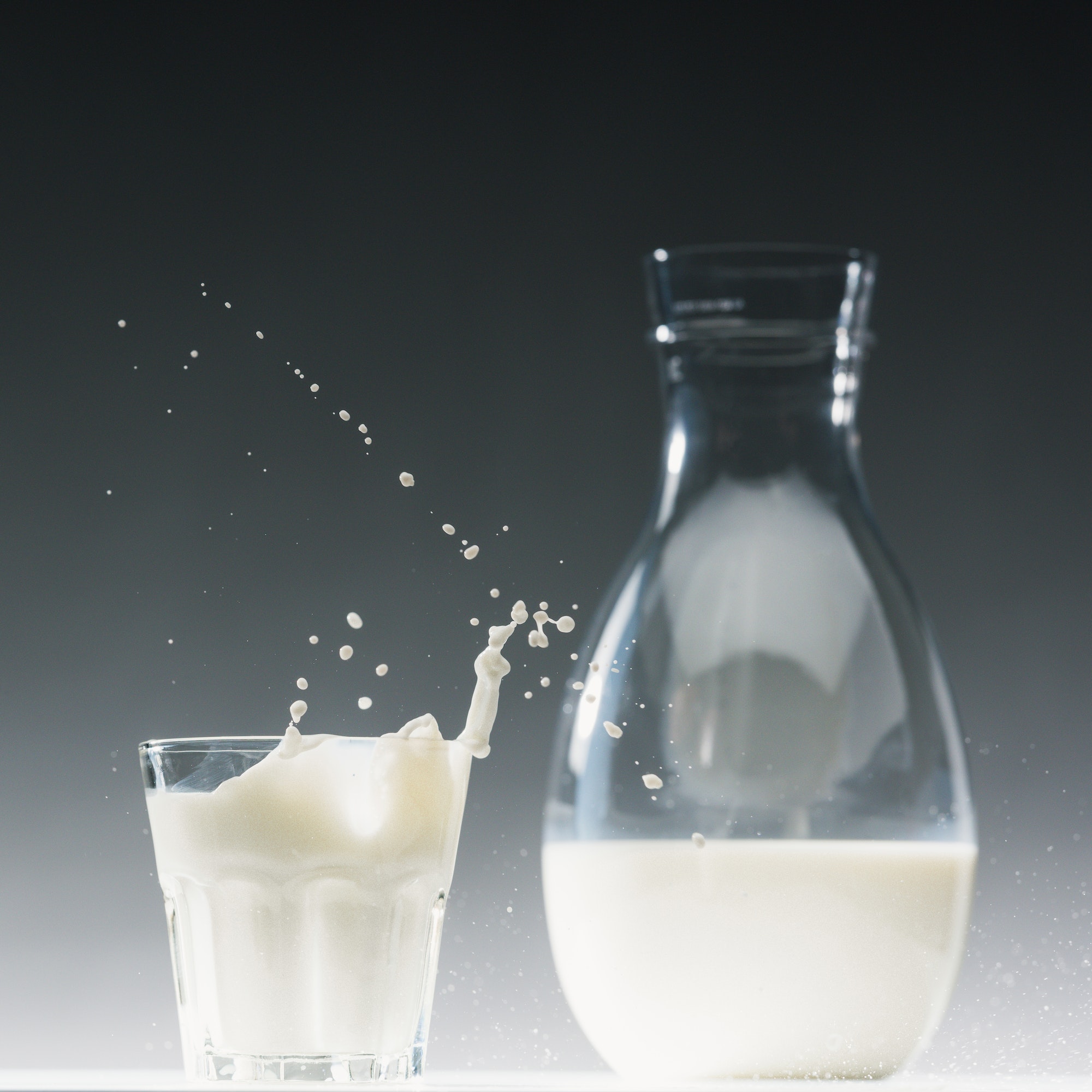Food intolerances
New!
Food intolerance testing now available at home!
Would you like to take the food intolerance test, but can’t make it to our Sherbrooke clinic? You can do the test yourself, in the comfort of your own home, anywhere in Quebec. It’s a simple fingertip swab.
Just send an e-mail to info@prelev.ca to make your request.
Please note that a $20 charge will be added to your invoice for sample transport.
What are food intolerances?
Since food intolerances can affect inflammation, they may be a factor to consider in certain medical conditions such as:
- Acne
- Arthritis
- Asthma
- Eczema
- Epilepsy
- Fibromyalgia
- Crohn's disease
- Psoriasis
- Multiple sclerosis
- Irritable bowel syndrome
- Chronic fatigue syndrome
- And many others...
Make an appointment
Food intolerance is a reaction of the immune system to a specific food. Depending on the source, it may be called food hypersensitivity, type III food allergy or simply food intolerance. It involves IgG antibodies that bind to the protein of the food in question, called antigen. This immune complex (IgG-antigen) will accumulate in certain tissues of the body near or far away. The body then triggers an inflammatory process to eliminate these immune complexes. If these are present in too large a quantity (large quantity or frequency of ingestion of the food in question), the body cannot break the cycle and chronic inflammation sets in.
The sensitivity of an individual varies according to his or her genetic profile, the state of his or her immune system, digestive function, the quality of the gastrointestinal barrier, the composition of the microbiota (intestinal flora), the frequency and quantity of consumption of the food antigen, etc. Leaky gut is often associated with an increase in food intolerance and the intensity of symptoms.
Certain discomforts may indicate to a person that they are intolerant to certain foods. These discomforts may occur quickly or hours or even days after eating, making identification difficult. The physical manifestations may differ from one person to another or from one period to another for the same person. Food intolerances can affect your quality of life and long-term health.
Make an appointment
The most frequently observed physical manifestations are:
- Anxiety, panic attacks, depression, hyperactivity
- Headaches, migraines, dizziness, fatigue, lethargy
- Weight gain or significant difficulty in losing weight
- Water retention (associated with weight gain)
- Skin rashes
- Abdominal pain
- Bloating, flatulence, constipation / diarrhea
- Loss of appetite, nausea, stomach cramps
- Gastric ulcers, oral ulcerations
- Difficulty breathing, rhinitis
- Muscle and joint pain
* Food intolerances can be detected by analyzing a blood sample taken from the fingertip. The test consists of evaluating the importance of the presence of IgG associated
Available profiles
Food intolerances (hypersensitivities) are not a disease, but they can be the cause of many discomforts or aggravate certain symptoms related to diseases already present. They can be easily detected by analyzing a blood sample taken from the fingertip. The test consists of assessing the level of IgG associated with the tested food in the blood.
Different food profiles are available according to your personal needs.
Which profile should I choose?
It is important to choose the profile that best suits your eating habits and your budget. If you don’t eat meat, fish or seafood, the vegetarian profile is just right. If you are hesitating between the 120 and 220 profile, here is the list of foods that are present in the 220 profile and not in the 120. If your diet includes 4 or more foods from this list, perhaps the 220 profile would be the best option.
- No medical prescription required
- Test by blood sampling
- Maximum 15 minutes
- Full report in English
- Explanatory document in French to accompany the report
Make an appointment
Fruits
Cornflower
Mango
Grenada
Raisin
Tangerine
Watermelon
Date
Fig
Papaya
Vegetables
Sweet potato
Shallot
Rocket
Squash
Red cabbage
Radish
Bette
Herbs and spices
Peppermint
Chamomile
Rosemary
Ginseng
Cayenne
Curry
Ginko
Grains
Quinoa
Couscous
Beer or Whiskey (malt)
Spelt
Amaranth
Gluten-free breads (tapioca)
Meat
Chevreau
Rabbit
Beef
Ox
Nuts and grains
Flaxseed
Chickpea
Macadamia nuts
Gourgane
Fish and seafood
Anchovies
Squid
Wakame
Spirulina
Other
Honey, agar agar (jam, jelly, soup cane)
Transglutamina (cold cuts/meat or chicken kibble)

Lactose tolerance test
Clinique Prelev now offers the lactose intolerance test. The evaluation of lactose intolerance involves administering an oral dose of lactose solution to a fasting patient and monitoring their blood sugar levels at 0, 30, 60, 90, and 120 minutes. Therefore, a minimum of 2 hours should be allotted for the appointment. If the person is lactose intolerant, their body will produce only minimal increases in glucose, so this approach is commonly used in adult patients in regional hospitals. The test is performed by taking blood samples.
A prescription from your health care professional is required
* Please note that the test can only be performed on children over 55lbs (25kg).

